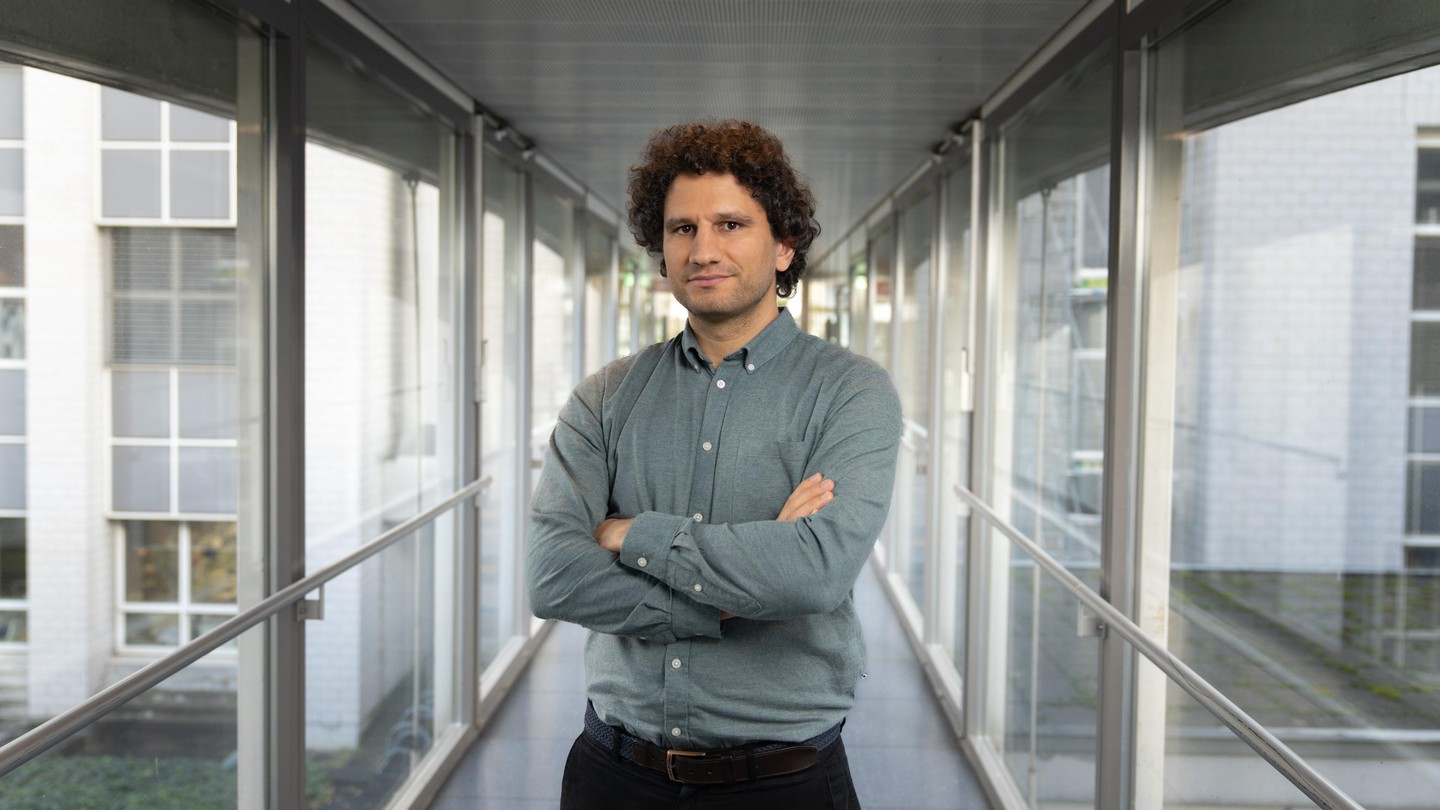Prof. Gregor Jotzu from EPFL: " Creating Dynamic Quantum Materials: The Light-Induced Meissner Effect , Floquet Engineering, and Future Prospects"

Changing the properties of materials on demand is crucial both for understanding the conditions which allow for the appearance of emergent order and for generating new functionalities. Using laser light for this purpose is a particularly interesting approach: It provides control on femtosecond time scales and may lead to the creation of non-equilibrium steady states without static equivalents. Strongly driven materials essentially become light-matter hybrids, where photons can determine the symmetries and the collective modes of the system.
Progress in this research direction is benefitting from current breakthroughs in experimental techniques for generating long-wavelength laser pulses and extending new observables to the ultrafast regime, but also from theoretical advancements in the simulation of quantum many-body systems and proof-of-principle experiments in synthetic systems such as optical lattices or photonic wave guides.
I will introduce some of the key concepts and techniques - such as "Floquet Engineering" for creating such "dynamic quantum materials," which may differ from their static counterparts in their band topology or magnetic order. I will present recent experiments showing light-induced magnetic flux expulsion from a laser-driven cuprate, which is observed up to 300K. This measurement was facilitated using an ultrafast magnetometry technique which opens up exciting new experiments including new insights on the effects of dynamically chiral phonons or the dynamics of flux quantization in superconductors. By Floquet-engineering the quantum state of diamond NV-centers, it may also be possible to extend picosedond-scale control and detection to the nanometer regime.
